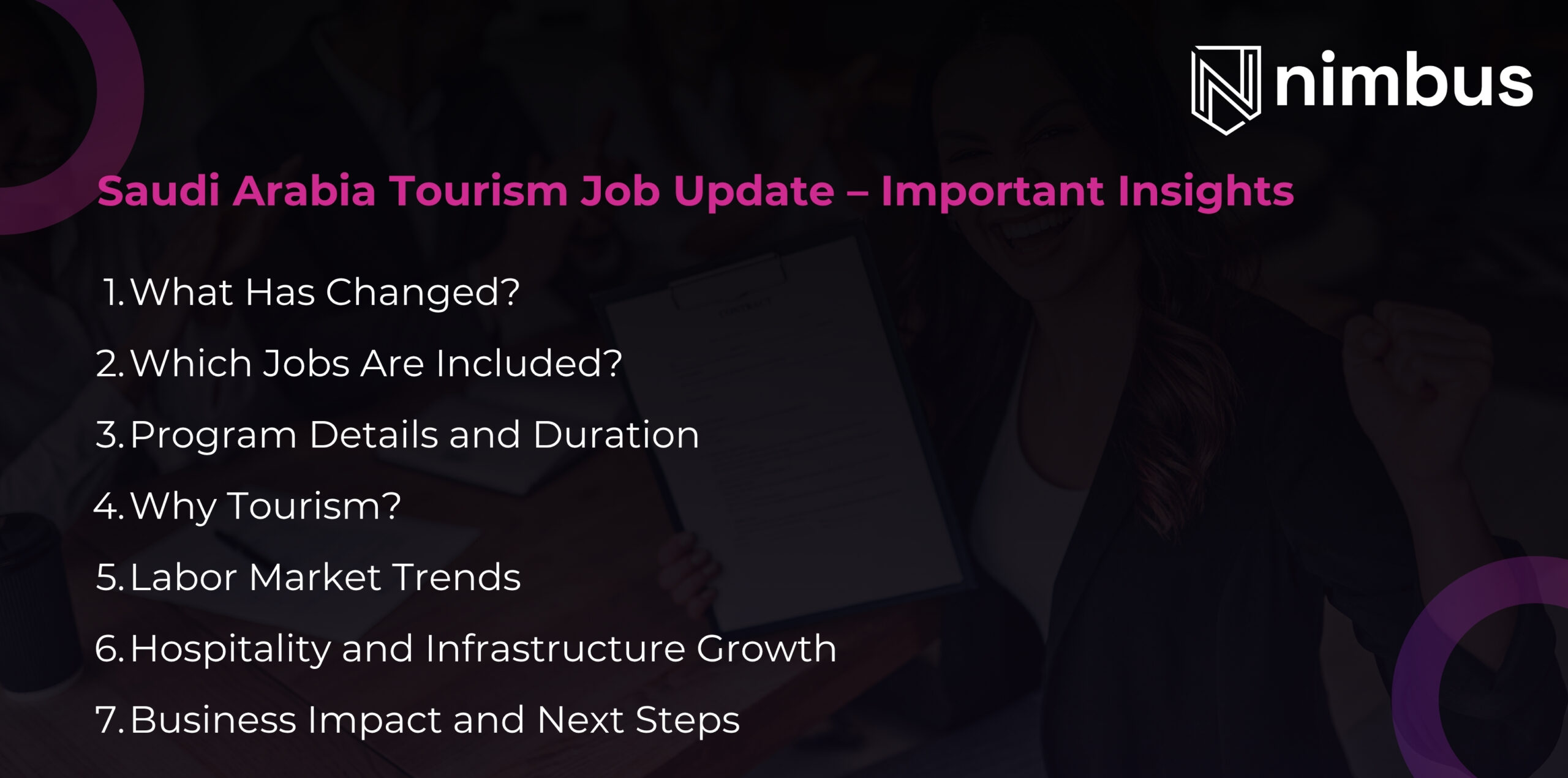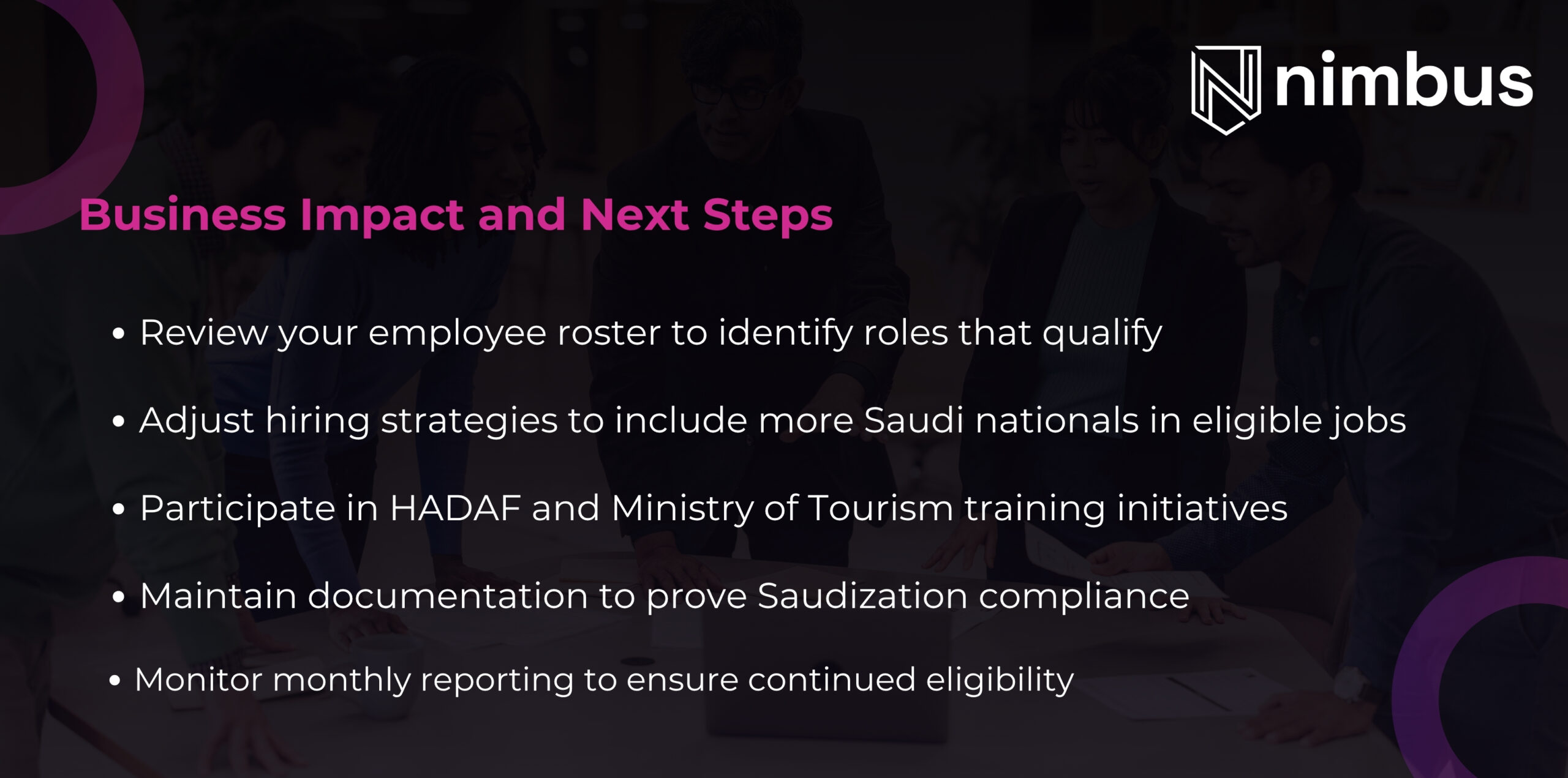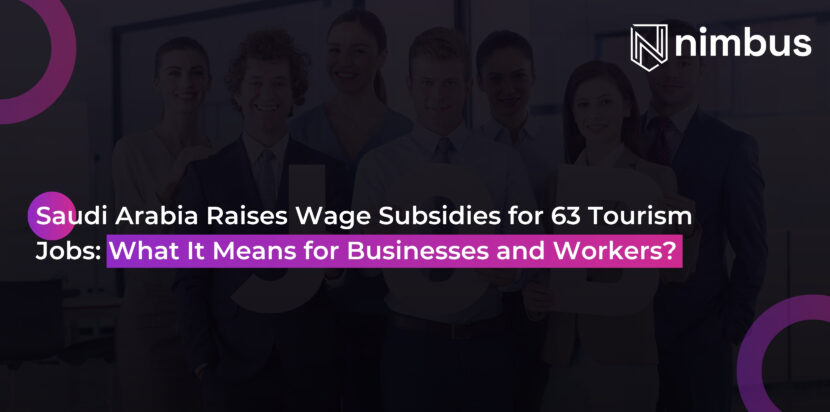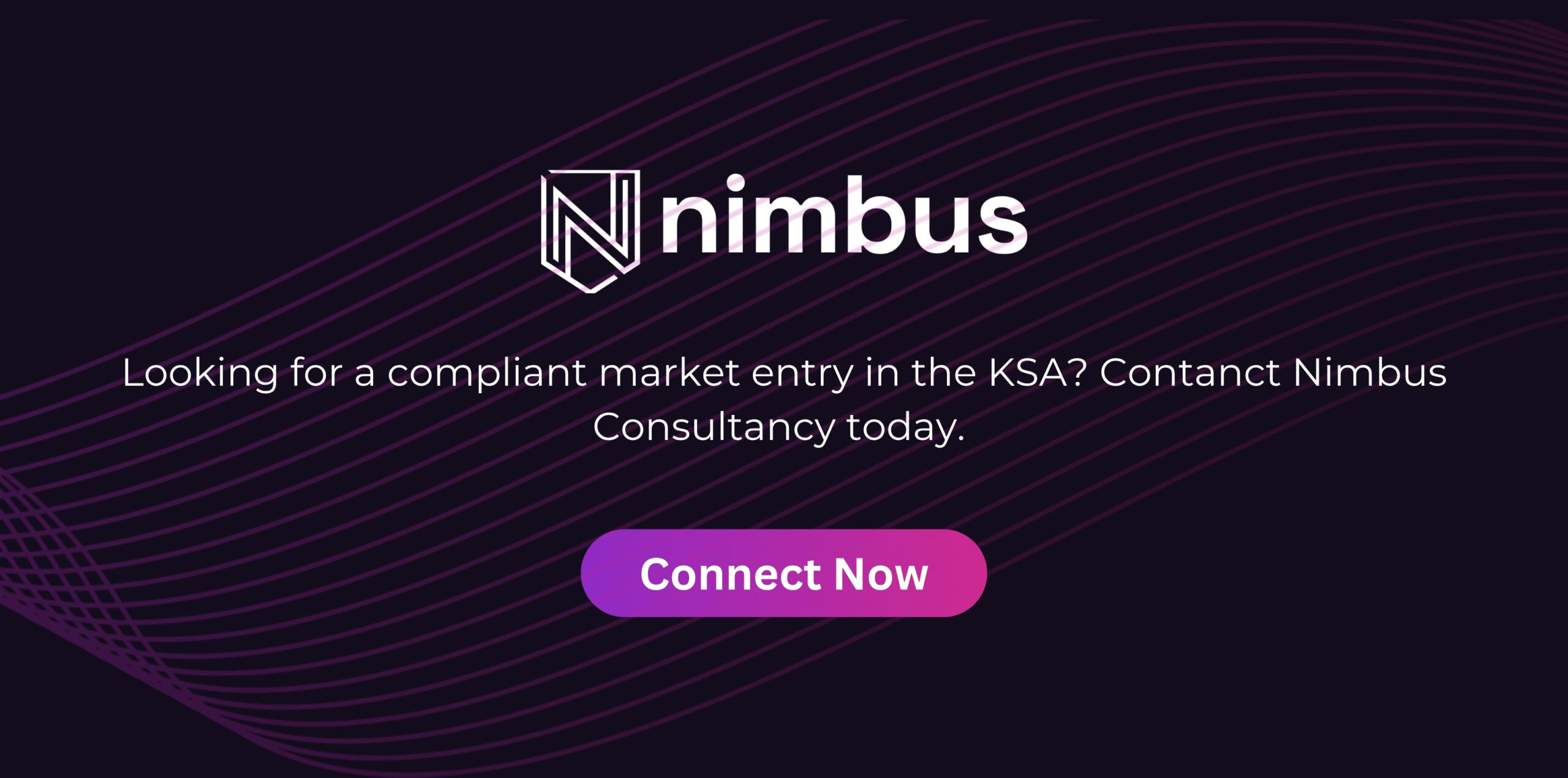Saudi Arabia’s tourism industry is gaining rapid momentum, and with it, the need to localize jobs and empower the Saudi workforce has become a top priority.
In line with Vision 2030’s goals, the Kingdom has taken a major step forward by expanding its wage subsidy program to cover up to 50 percent of salaries for 63 tourism-related occupations.
This move, announced on May 25, 2025, by the Human Resources Development Fund (HADAF) and the Ministry of Tourism, aims to make tourism careers more attractive for Saudi nationals and support businesses in this sector with competitive staffing solutions.
This update is also important for investors looking for business setup in the KSA. Here’s everything you need to know about the update, who qualifies, and why it matters.
Saudi Arabia Tourism Job Update – Important Insights

1. What Has Changed?
The wage subsidy program was already in place for certain roles in the tourism sector, but the latest reform broadens its scope and increases the level of financial support.
Under the new plan, Saudi employers can receive government subsidies covering up to 50 percent of Saudi employees’ wages in specific tourism-related roles. This expansion falls under the National Transformation Program and the Tourism Human Capital Development Strategy.
The objective is to help employers absorb more Saudi talent while ensuring salary competitiveness and workforce retention across the sector.
2. Which Jobs Are Included?
A total of 63 tourism-related occupations are now eligible for the subsidy. These roles span operational, administrative, and specialist categories, including:
- Hotel receptionists
- Tourist guides
- Reservation clerks
- Event production specialists
- Cultural activity coordinators
- Hospitality service staff
- Travel and tour consultants
- Heritage site operators
The list was developed jointly by the Ministry of Tourism and HADAF and is available through official government portals. Importantly, the subsidy applies to both full-time and part-time Saudi workers employed in these roles.
3. Program Details and Duration
The revised wage subsidy covers up to 50 percent of the Saudi worker’s salary, based on monthly caps set by HADAF. For certain roles, the subsidy also includes allowances for training and upskilling.
The program offers support for a maximum duration of 24 months, provided that the employee remains in the same role and the employer continues to meet Saudization targets.
Businesses that fail to comply with labor regulations or fail to retain workers may lose eligibility for the subsidy. Additional support mechanisms, such as the Tamheer program (providing on-the-job training for fresh graduates) and the Wusool transport subsidy program, complement this initiative.
4. Why Tourism?
Tourism has become a strategic pillar of Saudi Arabia’s economic diversification plan. As of 2023, the country recorded over 100 million tourist arrivals. Total domestic and international tourism spending reached 68 billion US dollars.
Saudi Arabia also led all G20 countries in post-COVID recovery for international arrivals, showing a 56 percent increase compared to 2019 levels. The government has set goals to generate 1.6 million tourism-related jobs by 2030 and to increase the sector’s contribution to national GDP to 10 percent.
5. Labor Market Trends
The tourism workforce in Saudi Arabia continues to grow. According to the General Authority for Statistics (GASTAT), tourism-related employment increased by 4 percent in Q4 FY 2023-24.
- Total tourism workforce: 966,531
- Saudi nationals: 242,073 (25 percent)
- Foreign workers: 724,458 (75 percent)
The highest concentration of tourism workers is in Riyadh and Makkah. Riyadh alone employs over 320,000 people in tourism, with Saudi nationals making up nearly 30 percent of the local sector. Makkah follows with 268,954 workers, and a sizable proportion are expected to benefit from the subsidy expansion.
Starting in April 2026, 41 key roles such as hotel managers, tour guides, and travel agency directors will be reserved exclusively for Saudi nationals, reinforcing the importance of early compliance with Saudization policies.
6. Hospitality and Infrastructure Growth
Physical infrastructure is rapidly scaling to meet tourism demand. By the end of 2024, Saudi Arabia had 4,425 licensed hospitality establishments, including 2,163 hotels and 2,262 serviced apartments.
Average daily hotel rates were recorded at 117.29 US dollars, while serviced apartments saw a 25 percent jump in rates to 58.65 US dollars, suggesting rising demand for flexible, mid-tier lodging options. Major infrastructure investments are already underway to augment the tourism growth.
Saudi Arabia currently has 275 hotel and resort projects under construction, adding over 67,000 rooms. The national goal is to reach a total of 500,000 rooms by 2030, supported by giga-projects like NEOM, the Red Sea Project, and AlUla.
7. Business Impact and Next Steps
The expanded wage subsidy presents a direct financial advantage for tourism businesses, especially small and medium-sized enterprises. By reducing payroll costs, it allows firms to remain competitive, expand operations, and reinvest in employee training.
To make the most of the subsidy:

- Review your employee roster to identify roles that qualify
- Adjust hiring strategies to include more Saudi nationals in eligible jobs
- Participate in HADAF and Ministry of Tourism training initiatives
- Maintain documentation to prove Saudization compliance
- Monitor monthly reporting to ensure continued eligibility
Human resources teams should work closely with legal and compliance departments to align with the evolving regulatory landscape and ensure smooth participation in the program.
The Road Ahead
Saudi Arabia’s decision to raise wage subsidies for 63 tourism-related roles is a strategic move that supports both employers and jobseekers. It strengthens the country’s tourism ecosystem while building a skilled and motivated local workforce.
For businesses looking for business setup in Saudi Arabia in its tourism sector, staying ahead of these policy changes is critical. Whether you are an event agency or heritage site manager, leveraging wage subsidies can directly impact your bottom line and long-term workforce strategy.
For investors looking at business incorporation in the KSA’s tourism sector, investing in local talent is a strategic necessity.



